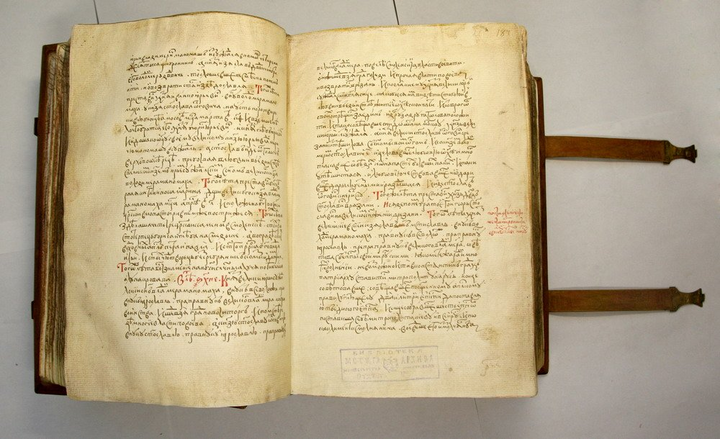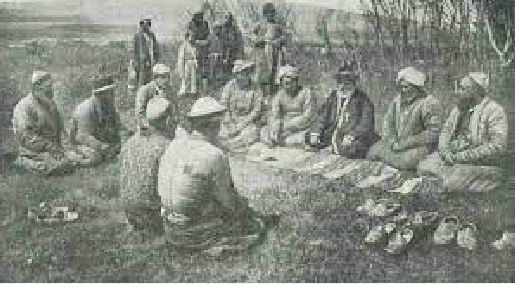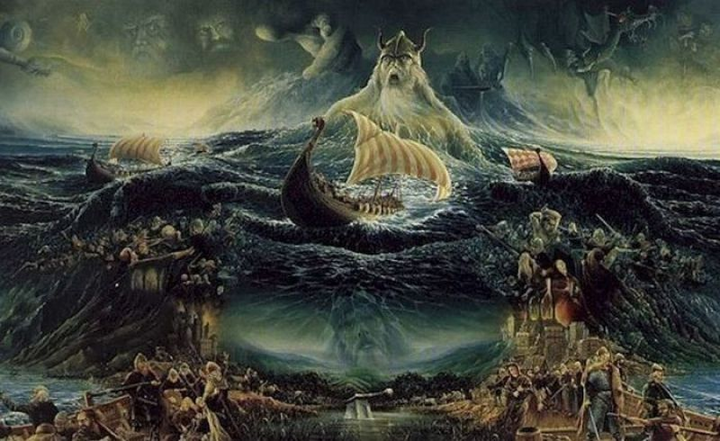Recently, the religious sphere of our society has changed dramatically. The search for the "true Islam" led to traditional Islam. Apparently, it is not only Muslim religion revived but Muslim cultural tradition, which is associated with the national tradition in the minds of the people.
Today the following types of believers can be identified:
a) the older generation, who took on religious ideas and practice as children, sincerely regard themselves as Muslims and follow Muslim rituals;
b) elderly and middle-aged people, and a few young ones as well, who do not strictly follow religious rules and whose ideas of religion are typically vague and fragmentary.
c) Recently there has been an increase in number of young people showing an interest in Islamic doctrine and engaging in systematic religious education and practice. This group is getting numerous.
Despite the formal educational activities of the official mosque, calling for the purification of Islam from foreign elements, a wide range of ideas and customs which can be traced back to pre-Islamic traditions, have been retained in private sphere, in family life of the Kazakhs. Many of them as well as Muslim rituals, survived the period of "rebirth", such ritual as "libation fuel to the fire" («откамайкыю»), etc. These ideas and customs have been preserved in various areas of religious life: the veneration of saints, various groups of clergy (for example, a duana), family relationships, and the rites and customs associated with the life-cycle of the family (marriage, birth, circumcision and death).
The cult of ancestors, along with the cult of other saints, promotes the dissemination of knowledge about Islamic beliefs and its practice among the Kazakhs. It is quite different from recent years. Official representatives of the Islamic cult use religious tradition of the veneration of saints to fight the pre-Islamic relics of views and adoption of the "pure Islam" in the minds of the pilgrims. The attempts of the preachers of the "true" Islam to introduce among the Muslims of Kazakhstan, the generation of which brought up on local customs for centuries, and other ideological forms of Islam, existing in other historical circumstances, and other historical and cultural regions, caused a confrontation in the society. These processes have played a definite role in the legalization of Sufism in Kazakhstan, which to some extent, was a response to the attempts to introduce the "true Islam" in Kazakhstan by foreign preachers. The same factors can also explain the broad dissemination of the ideas of Tengrianism among Kazakhs. The dissemination of scientific knowledge about Islam and the peculiarities of its existence among different nations can be the most effective ideological arguments against the ideas of radical Islam and the preachers of "purity" of Islam under present conditions.
It is important to educate today’s society about the original forms of Islam and history of Islam in Kazakhstan, which could promote religious tolerance in our country and improving mutual understanding between Muslims of the post-Soviet countries (especially Kazakhstan) and those of the Arab-Muslim world and non-Muslim peoples as well.
The revival of Islam in Kazakhstan has resulted in a corresponding resurgence in many aspects of humanitarian culture, including ethic identity, moral standards and religious tolerance (I think it’s just a legalization of Islam apart from the soviet period). It looks paradoxically that along with Islam we can see the reviving of Sufism and Tengrianstvo (just as manifestations of unacceptance of “foreign” Islam), Cult of Heaven (kaz. Taniri), the rite “otka mai kyyu” (a rite to get a protection of a husband’s ancestors), purifing a house, a cradle and etc. by fire.
Мustafina R.М.



